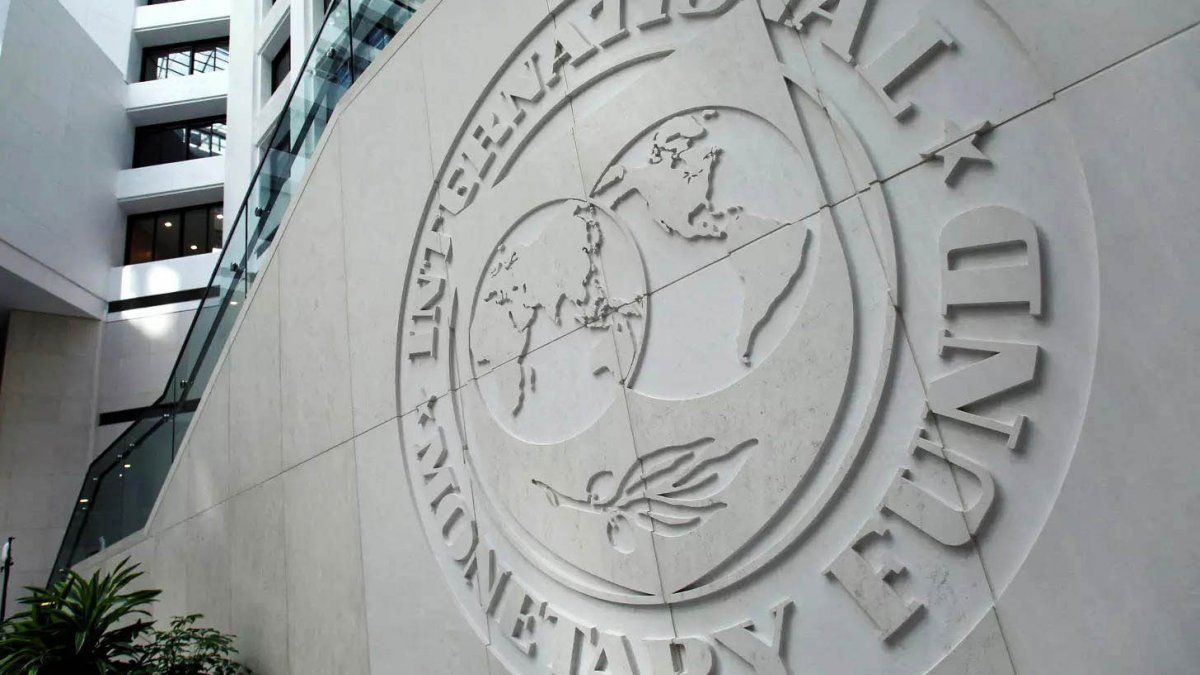The price gap that exists with Argentinadue to the exchange difference, continues to frustrate industrialists, who see local consumption and production affected. Fernando Pachedirector of the Food Industry Chamber (cialis) and the Chamber of Industries of Uruguay (CIU), showed his regret on Twitter, and sent a message to the national government saying: “let’s get this over with, please“, since, according to his words, “we will not have a single industry open“.
Pache’s concern seems to be based on reality after what the exodus of Uruguayans to Argentina meant last weekend because of the May 1 holiday, where thousands of Orientals devastated supermarkets, especially in the Autonomous City of Buenos Airesand the Entre Ríos cities of Concord and Gualeguaychu.
This same weekend, the National Highway Police Directorate reported that, at 3:00 p.m. on Saturday, traffic was congested on the three binational bridges that link both countries. The General San Martín de Fray Bentos bridge reached rows of up to 1.5 kilometersthe General Artigas bridge of paysandu of 1 kilometer of waiting, and the Salto Grande bridge of Leapalso 1 kilometer.
The behavior of Uruguayans is based on an abysmal difference in prices, according to the Economic Observatory of the Catholic University of Salto, the basic hygiene basket is 212% cheaper on the Argentine sidewith products that become up to 329% more accessible.
For Uruguayans, buying in Argentina is 56% cheaper, according to the latest report on Indicators of Border Prices (IPF) of the Economic Observatory of the Catholic University of Uruguay (ICU), corresponding to March.
The cost of living in Uruguay is more than 93% higher than that of Argentina
Uruguay has a cost of living that is 93.3% higher than that of Argentina, according to the latest report from Numbeo, a site specialized in comparing the costs of living in different cities and countries around the world. A typical family has expenses for $2,923.30 per month (not counting rent), that is, 113,250.10 Uruguayan pesos. While in the neighboring country the estimated costs of living are $1,530.60 without rent.
So far this year, More than 2,000 Uruguayans signed rental contracts in the Argentine cities of Colón and Concordia. According to specialized sources, these are people who carry out their working life in Uruguay and cross the border daily, since according to the Numbeo comparison, in March renting in Uruguay was 127% more expensive than doing it in Argentina.
Unemployment continues to grow in the border departments
In Salto alone, 170 businesses have closed in recent months, according to the mayor. Andres Lima, who linked it directly to the exchange difference with Argentina and purchases on the other side of the border. “there will be more tradeyes closed, more unemployment and more Uruguayans will go to Entre Ríos“, held.
For months, unemployment in the border area is higher than the national median, not seen to be modified. According to the latest data from the National Statistics Institute (INE), Unemployment in Salto exceeded 14%, something that has no recent history. He also raised unemployment in Artigas and Paysandú (12.7% and 10.5%, respectively), while in Black river it gave way, but due to a drop in the activity rate. It should be remembered that the national average unemployment rate in February was 8.1%.
“Uruguay is expensive in dollars”
The National Chamber of Commerce and Services (CNCS), does not believe that there will be “big changes” around the exchange rate gap this year. For the CNCS, the difference in prices with Argentina, which directly affects local trade; especially at the border.
“We are not projecting big changes regarding the exchange gap that Uruguay is facing today with respect to its main neighbors, both Argentina and Brazil. Uruguay is expensive in dollars and we project that Uruguay’s cost compared to the rest of the world will not change in 2023,” he said. Ana Laura Fernandezin charge of the economic department of the CNCS.
Source: Ambito




